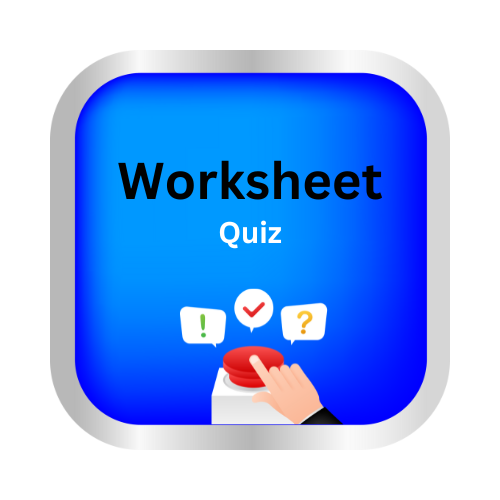Food Relationships
food relationships by Delta publications
Key Notes:
Definition of Food Relationships
- Food relationships refer to how different organisms (plants, animals, and humans) interact with each other through food.
Producers, Consumers, and Decomposers
Producers: Plants that make their own food through photosynthesis (e.g., trees, flowers).
Consumers: Organisms that eat other living things for energy.
- Herbivores: Eat only plants (e.g., rabbits, cows).

- Carnivores: Eat only other animals (e.g., lions, hawks).

- Omnivores: Eat both plants and animals (e.g., humans, bears).

Decomposers: Organisms like fungi and bacteria that break down dead matter, returning nutrients to the soil.
Food Chains

- A food chain shows how energy and nutrients flow from one organism to another.
- Example: Grass (Producer) → Rabbit (Herbivore) → Fox (Carnivore)
Food Webs

- A food web is a complex network of interconnected food chains. It shows how different organisms are related through feeding relationships.
Energy Transfer
- Energy is transferred from one level of the food chain to the next.
- Only about 10% of the energy from one level is passed to the next level (the rest is used for survival or lost as heat).
Importance of Biodiversity
- Biodiversity (the variety of life) in ecosystems ensures stability and resilience.
- Each species plays a role in the food web, supporting the overall health of the ecosystem.
Human Impact on Food Relationships
- Humans can affect food relationships through activities like farming, deforestation, pollution, and urbanization.
- Understanding these relationships helps us make better environmental choices.
Sustainable Practices
- Sustainable practices, like organic farming and protecting habitats, help maintain food relationships and support ecosystem health.
Food Safety and Nutrition
- Understanding food relationships also involves knowing where our food comes from and how to make healthy choices.
- Learning about different food sources and their nutritional values helps us maintain a balanced diet.
Let’s practice!

